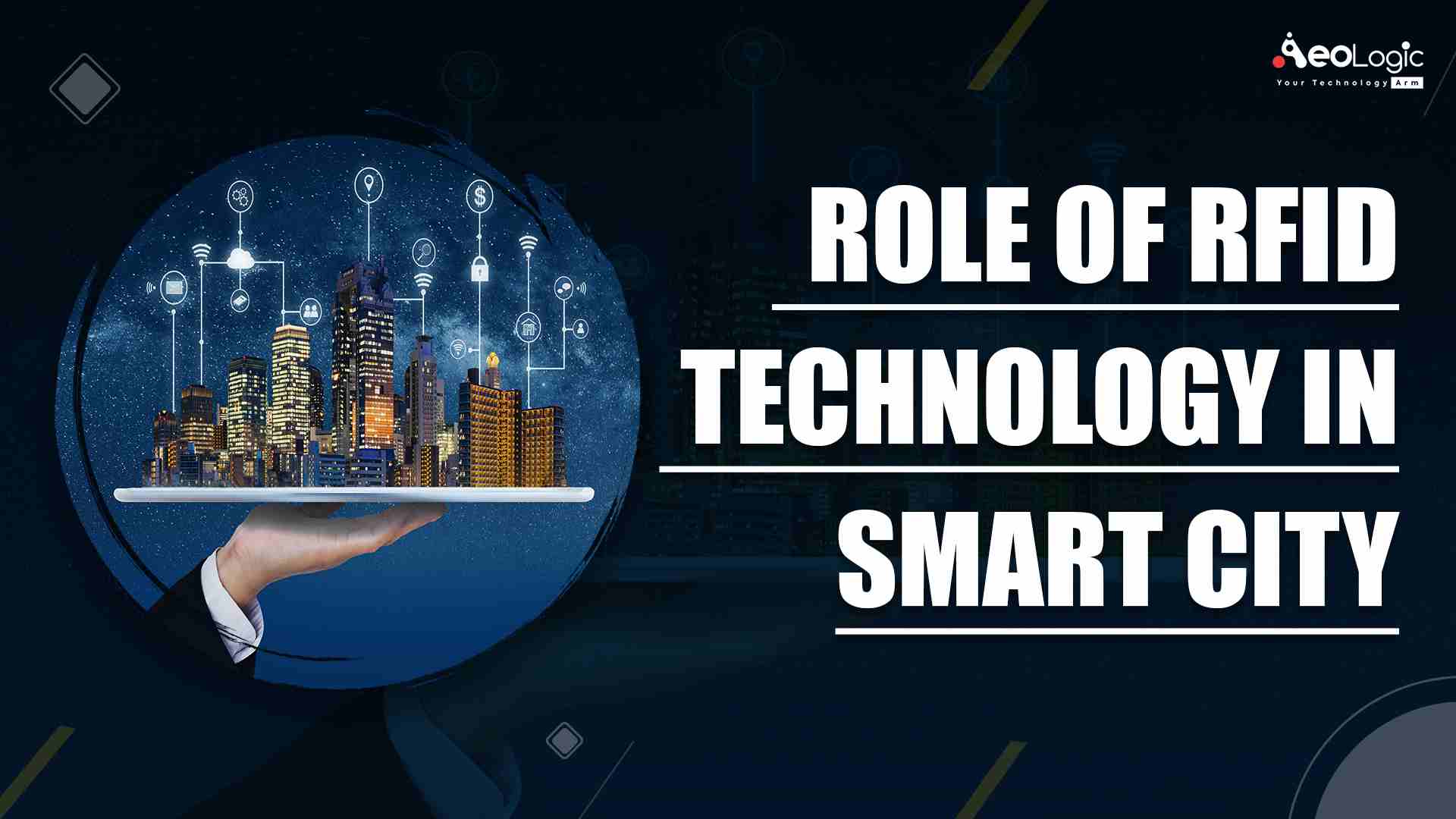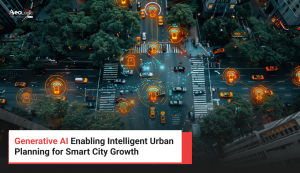Smart cities are improving the standard of living by combining intuitive and intelligent components in a single and unique architecture. The endorsement of digital data on physical items amends brainless items into smart and clever products, and it becomes easy to execute routine activities by incorporating these smart and digital products. The change from brainless products to smart architecture can be accomplished through RFID technology. In this blog, we are discussing the role of RFID technology in smart city. As well as how these applications are helping humans to handle every activity smartly, including car parking, disaster tracking, solving stealing or theft crimes, medical facilities, and much more.
Also read: How RFID Tagging is Revolutionizing the Jewelry Industry
RFID in Parking Management
Since there are millions of vehicles that are moving from one place to another, it is quite difficult for tracing the activity of each vehicle without any smart management.
The role of RFID technology in smart city such as RFID parking system will be dividing the smart parking management into a single gate reader or multiple gate reader. There is no requirement for parking attendant and any kind of human intervention as drivers don’t swipe ID cards at the entrance or exit gates. Furthermore, the gates are integrated with UHF readers for identifying the windshield tags of vehicles located at a distance of 8-10feet and moving with a speed of 6-100mph.
Boost your business with our RFID Solutions!
RFID technology in Preventing Theft Crimes
Smart cities are always protected and secured as they are having a low percentage of theft and stealing cases. As per FBI recommendation, the role of RFID technology in smart city, malls, restaurants, retailing stores facilitate the authorities to identify assets and individual as quickly as possible.
For example, these RFID systems are providing a real-time visualization over a facility map for checking human’s movements and their belongings. Therefore, security officers will be able to check the movement of thefts and locate the position of stolen items, i.e. in bags, under jackets, pockets, under caps or stuffed with socks.
RFID in Tracking the Victims
These days, one of the major challenges is to search for victims after disasters. Such as hurricanes, earthquakes, cyclones, and tornadoes.
The role of RFID technology in smart city such as using RFID tags, attached to objects, store information through unique identification codes. And therefore, the RFID reader reads this information. These readers transmit electromagnetic waves to detect the tags. And then display the information in front of the rescue team, crisis management departments, or emergency staff.
RFID in Medical Sector
Furthermore, the Healthcare sector can get enormous benefits from RFID technology. Since it has the potential to check, trace, and identify anything at any time.
Recently, RFID readers and sensors were used in digital bands to make a wristwatch. RFID chips in these bands will be allowing the nurses to schedule the routine of their patients. Such as the time of the meal, time for exercise, time to give medicine, or meditation.
Also read: Benefits of RFID Asset Tracking in the Supply Chain
Conclusion
Nowadays, the “smart city” are representing a paradigm of a forthcoming future that will transform. Or even is transforming, a citizen’s life without the possibility to go backward. In these next-generation cities, all will be connected, shared, digital, user-friendly, and rationalized. However, even if the perception of a well-established future prevails, things are a bit more fluid. The role of RFID technology in smart cities are representing one of the most interesting tools in the industrial and logistic sectors as well. It is representing a new system to increase process efficiency in supply chains.
Contact us to schedule a free 60-minute call!
FAQs
What are the problems solved by RFID?
RFID systems provide a fast and reliable way for tracking them without having to count each individual item. With RFID applications one can immediately check how many items you have of any one type. And their location or what level they are at in the process.
What are RFID tags usually used for?
RFID tags are a kind of tracking system that are using radio frequency to identify, search, track. And communicate with items and people. Fundamentally, RFID tags are smart labels that are able to store a range of information from serial numbers, to short descriptions. And even pages of data.









